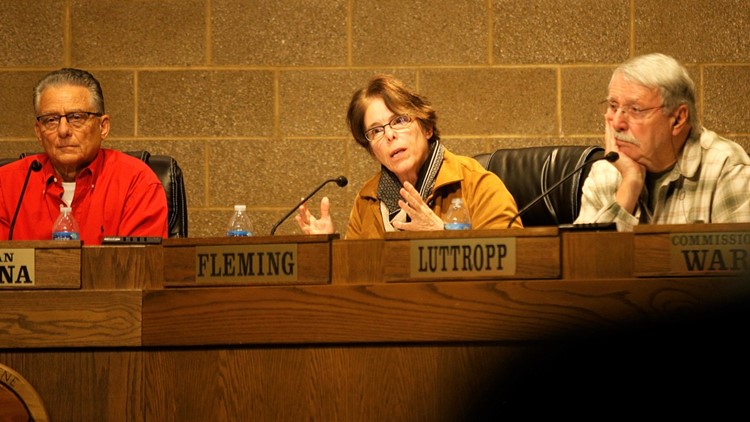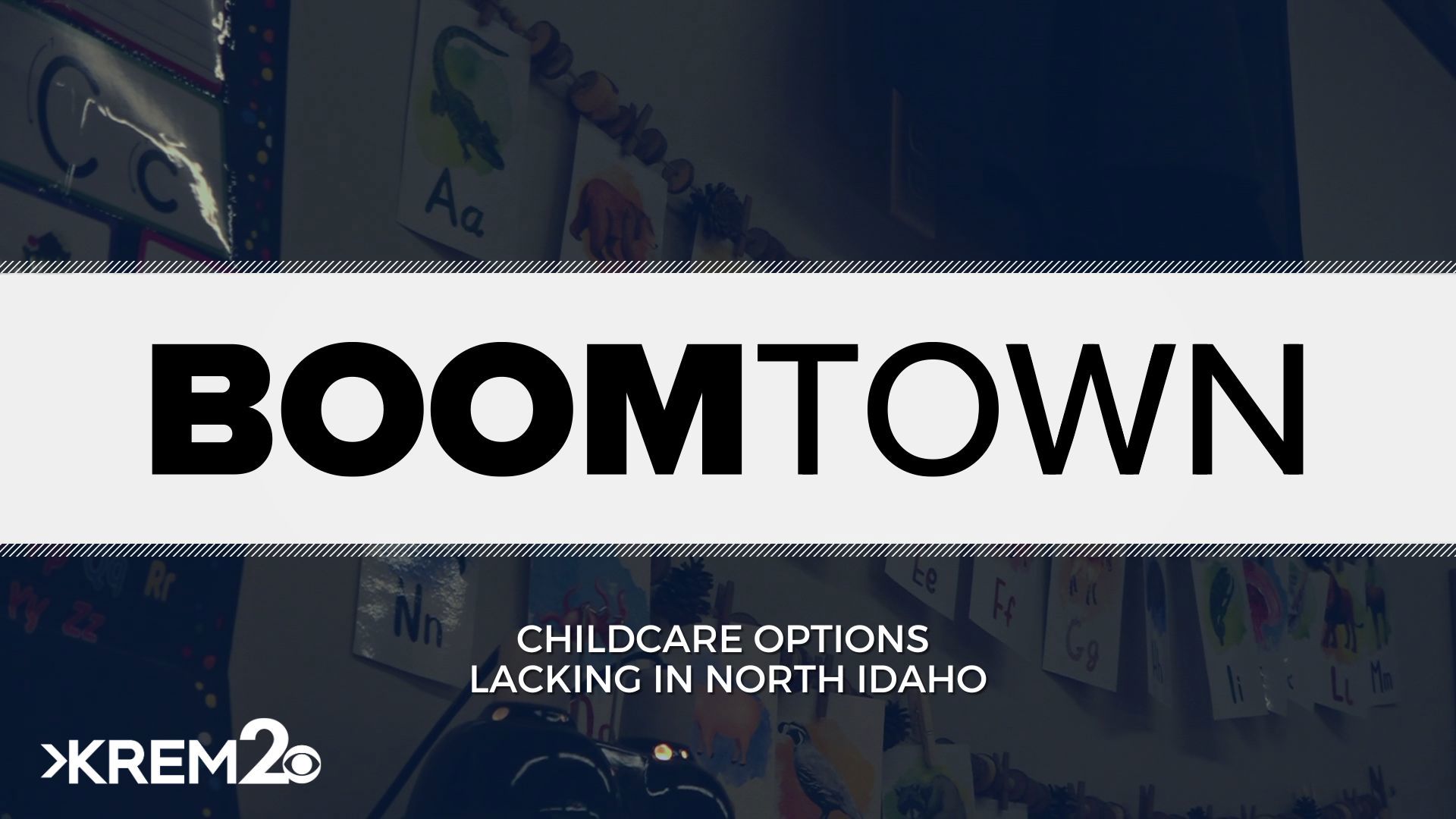COEUR D'ALENE, Idaho — The Coeur d’Alene Planning Commission voted 5-1 Tuesday to support some changes aimed at better regulating short-term rentals in the city, as reported by KREM 2 News partner the Coeur d'Alene/Post Falls Press.
“We have the onus to protect the rights of those who are permanent residential property owners,” said Commissioner Lynn Fleming.
Phil Ward shared similar comments.
He said he has several well-maintained STRs in his neighborhood, has no problem with them, and the city is not trying to prohibit them.
“But there is a residential integrity issue and it’s not trash, it’s not parking,” Ward said. “It’s that you have a community of families that associate together. They have children, they play together and all of the sudden you start interspersing it with these nonresidential uses.”
The commission recommended the City Council repeal the code that allows a 14-day exemption for STR permits; amend penalties for operating an STR without a permit from $100 to $1,000 for the first offense, $2,000 for the second and $5,000 for the third.
It also supported an ad hoc committee’s recommendation for a cap on STR permits to only renewals for a year, from next month to March 2024. That means no new permits will be issued for those 12 months.
“I believe a pause will help all the partners,” Fleming said.
The proposals will go to the City Council on Feb. 21.
A fee increase of $84 for an STR annual renewal, bringing it to $180, will also be considered.
Since last year, the city has discussed ways to get a handle on the rise of STRs that have been accused of adversely affecting neighborhoods through noise, parking, litter and strangers.
In November, the City Council approved an agreement for $38,000 with Granicus, based in St. Paul, Minn., for STR host compliance services. Among its tasks are to provide a complete list of STRs, identify owners of non-licensed STRs, establish a 24/7 hotline and perform yearlong monitoring.
About 50 people attended the meeting in the Library Community Room.
Most were STR owners, managed rental properties or were members of the CDA-Vacation Rental Alliance. While they generally had no problem with ending the 14-day exemption or the increased fines, they opposed what some called a moratorium on STRs.
They expressed views that STRs were being unfairly picked on, fee hikes were punishing permitted STRs and there was little or no data to indicate they were even a problem.
Others said they rely on the revenue from STRs, which provide economic benefits to the community.
David Wallace of Coeur d’Alene said most STR guests are families that are quiet and enjoy the area.
“That’s not causing any degradation of neighborhood integrity,” he said.
Jeremy and Melissa Radford, founders of the CDA-Vacation Rental Alliance, expressed concerns with the city’s proposals.
Melissa Radford said facts and data were needed, not anecdotes and generalizations.
“This is our future,” she said. “We’ve invested everything.”
Stacey Armstrong, property manager and STR owner, said she was surprised the city hired Granicus to carry out what she referred to as "big brother antics."
Commission Chair Tom Messina said the city has invested a lot of time on the issue.
He said they are not stopping STRs, nor is that the city's intention.
“There is a lot of support to do some changes to protect neighborhoods," he said.
As Messina spoke, a man in the crowd said loudly, “Where are they?" and several others began talking, prompting Messina to respond, “I’d appreciate it if you don’t speak over me. Be respectful.”
Renata McLeod, municipal services director and city clerk, said the city has received 163 written comments about STRs since Aug. 1.
It has issued 564 STR permits this year, with 45 of those since Jan. 20 when the city issued a press release outlining its plans.
There were a total of 160 STR permits issued in 2018-19.
It is estimated there are hundreds more operating without permits, and that downtown areas like Sanders Beach have a heavy concentration of STRs.
During the pause in new permits, the city expects to receive the updated data from Granicus to help it map out areas that might be concentrated with STRs.
Then, it will schedule meetings with stakeholders to explore options and determine what codes might need to be implemented.
Ward said the city needs to have some STR limits.
“A year from now there could be 2,000,” he said.
The Coeur d'Alene Press is a KREM 2 News partner. For more from our news partner, click here.



